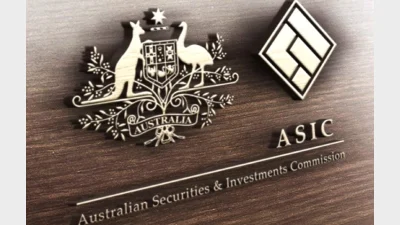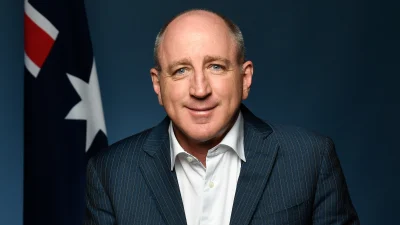How IOOF’s super advice bill multiplied in 10 years


The cost of providing financial advice to members of the IOOF Portfolio Service Superannuation fund escalated from just under $13 million in 2010 to $107.5 million last year, according to documentation provided by IOOF to the House of Representative Standing Committee on Economics.
IOOF revealed that the average fee paid by members in 2010 was $43 while in 2019 the average fee had grown to $356 a year.
The company had been asked by the committee chairman, Tim Wilson how much was being charged annually to fund members and what was the average per superannuation customer.
IOOF revealed it had 289,066 member accounts in 2010, which had grown to 301,878 in 2019.
It said it had 11,577 advisers in 2019, giving a customer to client ratio of 1:26.
In doing so IOOF pointed out that IOOF Investment Management Ltd (IIML) was the trustee for the IOOF Portfolio Service and did not engage with financial advisors in its own right or have a direct relationship with any financial advisors.
“Instead, a request for personal advice must be instigated by the fund member. At the behest of the member, IIML will transfer the financial advice fee from the member’s account to the member’s adviser,” it said. “IOOF fund members may choose any advisor in Australia, including an advisor which is not associated with IOOF or its related entities.”
IOOF also revealed that the standard fee for scaled advice for a superannuation fund member was $275, but noted that the company had not charged this fee to any member over the past decade.
“Superannuation fund advisers are paid a fixed salary and do not receive any quota-based bonuses, incentive payments or commissions,” the company said.
Recommended for you
As the year draws to a close, a new report has explored the key trends and areas of focus for financial advisers over the last 12 months.
Assured Support explores five tips to help financial advisers embed compliance into the heart of their business, with 2025 set to see further regulatory change.
David Sipina has been sentenced to three years under an intensive correction order for his role in the unlicensed Courtenay House financial services.
As AFSLs endeavour to meet their breach reporting obligations, a legal expert has emphasised why robust documentation will prove fruitful, particularly in the face of potential regulatory investigations.














